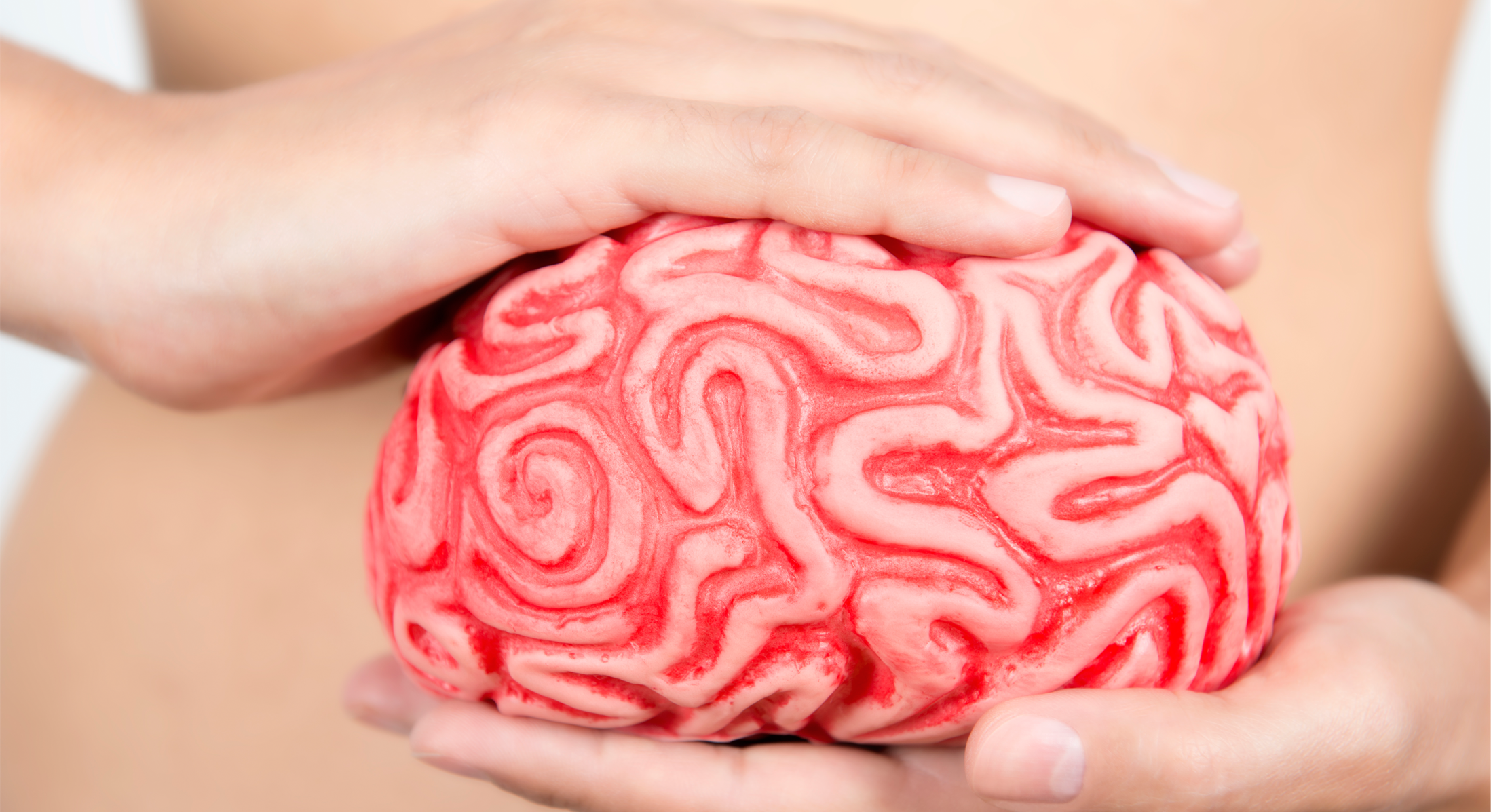From Crohn’s disease to asthma, obesity or even type 2 diabetes, gut microbiota dysbiosis has already been linked to a wide range of human diseases. Even to mental health and behavior. Previous research studies have already shown there is a connection between our gut and our brain. But as they have been done using animal models, could these results found in mice be equally demonstrated in humans? Are they to extrapolate?
And that is precisely what researchers of the Catholic University of Leuven, in Belgium, have just done. They have found most human gut bacteria do produce neurotransmitters, which are chemicals like dopamine and serotonin that enable communication among neurons, which are the nervous cells in the brain, but also in the enteric nervous system of the gut. These neurotransmitters are known to influence intestinal functions, but also our mood and behavior.
Moreover, scientists, led by microbiologist Jeroen Raes, coauthor of the study that has been published in Nature Microbiology, have discovered people suffering from depression lack two bacteria in their gut microbiota, called Coprococcus and Dialister.
The Flemish researchers analyzed the gut microbiome of 1,054 people (adults, men and women, living in the Belgium region of Flandes) enrolled in the study Flemish Gut Flora Project (FGFP). They found that there were two genus of bacteria consistently depleted in the gut microbiota of people who were diagnosed with depression. Whether they were following an antidepressant treatment didn’t seem to have any effects on the results.
A group of scientists, under the direction of Jeroen Raes, have discovered that the intestinal microbiota of patients with depression lacks two bacteria: Coprococcus and Dialister
The second finding that is of relevance is the fact that many of the other differences between the microbiota of depressed and non-depressed individuals are due to antidepressant medication. For instance, when they looked at Lactobacillus, which has been previously suggested to be implicated in the gut-brain communication, they saw an increased abundance of these bacteria in depressed people not taking any antidepressant drugs. If they did follow a treatment, then that increased abundance was not seen.
The third key finding of the study was they could identify several types of bacteria that were associated with higher quality of mental health.
Although they have seen there are two bacteria lacking in the gut microbiota of people with depression, it does not mean that these bacteria cause depression. Researchers are cautious when interpreting their results. It could simply be depressed people eat differently and that changes their gut microbiota composition. To assess causality more studies need to be done.
These findings need to be confirmed but they could lead to a deeper understanding of this gut-brain axis and, hopefully, they could open the door to find new treatments for mental diseases, like anxiety and depression, or neurodegenerative conditions.
Reference:
Valles-Colomer M, Falony G, Darzi Y, et al. The neuroactive potential of the human gut microbiota in quality of life and depression. Nature Microbiology, 2019. doi: 10.1038/s41564-018-0337-x


